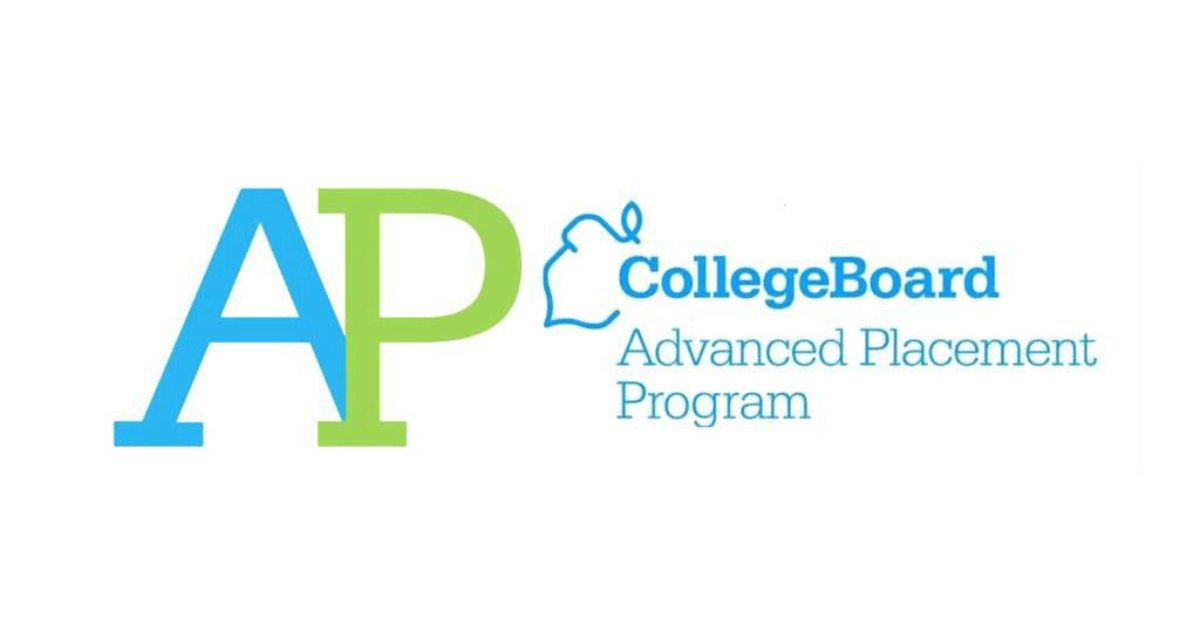Bright high school students are hitting the books this fall. In addition to chemistry and calculus, some are receiving challenging coursework in African American history.
The College Board, which develops and administers standardized tests and curricula, has introduced a new Advanced Placement course in African American Studies this fall to 60 select high schools across the country.
The course includes African American history, civil rights, politics, literature, the arts and geography. The course is part of a pilot program that, if successful, will be offered to all high school students nationwide.
In a statement to CBS News, the College Board said it has been working on this course for nearly a decade, and that it is “designed to offer high school students an inspiring, evidence-based introduction to African American Studies.”
It will also be the first ever Advanced Placement (AP) course in African American Studies rigorous enough to allow students to receive credit at colleges across the country.
Created by the College Board in 1955, there are at least 38 AP courses in various subjects offered to college-bound high school students every year. Known for challenging and rigorous material, AP courses range from English Composition to Physics to Calculus.
AP classes award extra points on students’ grades and help them achieve weighted grade point averages and lofty class rankings that are attractive to elite colleges and universities during the admissions process. Millions of students take the annual AP exam each year to earn college credit. Many enter college as sophomores instead of freshmen.
Questions remain as to why it took the College Board this long to develop an AP African American Studies course. For years it has offered AP courses in European History and English Literature but not any that challenge students to learn about the contributions and lives of African Americans.
The AP African American course is the College Board’s first course since 2014 and the 40th course it has developed since its inception.
While the curriculum itself is not yet available to the public, the College Board plans to post the course framework in its entirety on the AP Program website in spring 2024.
The College Board did not identify which high schools are participating in the pilot program of the AP African American Studies course.
High school teachers involved in the African American Studies pilot met at Howard University this summer to review the course framework and prepare its rollout as part of the comprehensive support that AP offers for educators.
Renowned scholar Dr. Henry Louis Gates, a former chair of Harvard’s Department of African and African American Studies, serves as a consultant to the new AP course.
Dr. Gates told CNN that the course work has been “rigorously vetted” and should not be confused with the Critical Race Theory concept.
“Nothing is more dramatic than having the College Board launch an AP course in a field; that signifies ultimate acceptance and ultimate academic legitimacy,” Gates said in a statement.
“AP African American Studies is not CRT. It’s not the 1619 Project. It is a mainstream, rigorously vetted, academic approach to a vibrant field of study.”
The announcement comes as many conservative lawmakers across the country have pushed for or enacted bans on teaching Critical Race Theory in public schools, after the introduction of the New York Times Magazine’s “1619 Project,” which explores the Black struggle in America, starting with the arrival of slaves in Virginia in 1619.
In news reports, Trevor Packer, the head of the College Board’s AP program, said the murder of George Floyd in 2020 and the protests and social responses it sparked are reasons why the organization chose to announce the course now.
“AP African American Studies will introduce a new generation of students to the amazingly rich cultural, artistic, and political contributions of African Americans,” Packer said.
“We hope it will broaden the invitation to Advanced Placement and inspire students with a fuller appreciation of the American story.”






